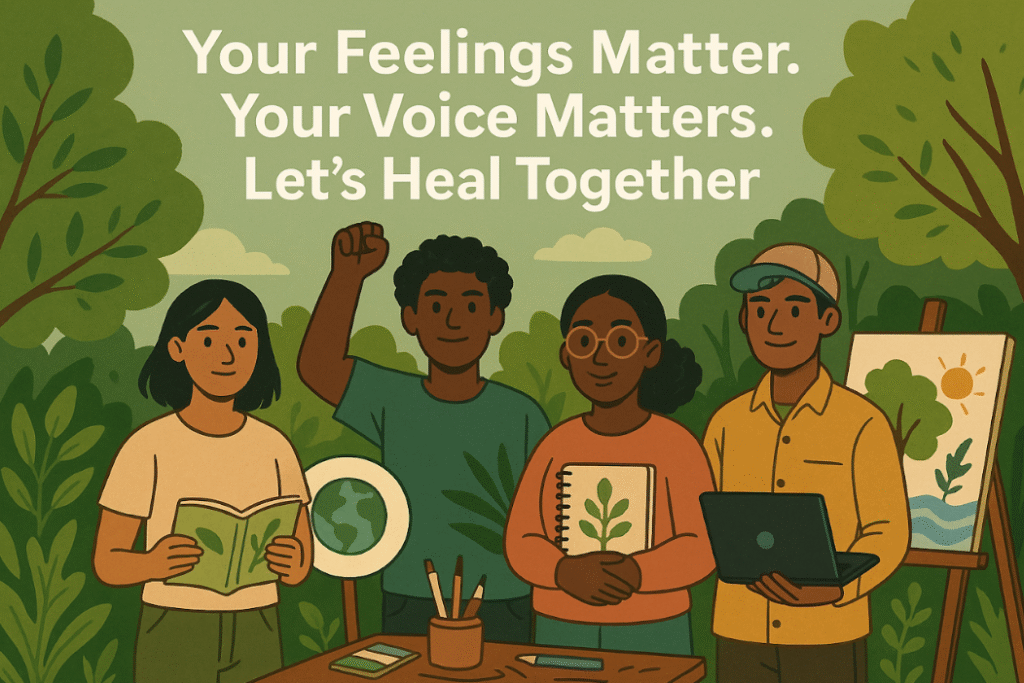Multimedia Resources
Videos & Webinars Library
Visual Tools for Understanding Climate Emotions, Supporting Youth, and Building Resilient Communities
Green Mind’s multimedia library features short videos, documentary-style interviews, and professionally facilitated webinars designed to bring climate-related mental health conversations to life. These resources are especially valuable for educators, facilitators, youth workers, community organizers, and families who are looking for accessible, emotionally safe, and practical tools to address eco-anxiety and related emotional challenges in youth.
Each video and webinar is grounded in trauma-informed practice, informed by lived experience, and adaptable for diverse learning environments. Our resources are suitable for use in classrooms, workshops, libraries, community programs, and professional training sessions. Many are available in English and French, with closed captions and transcripts provided to ensure accessibility.
Climate Anxiety Explainer Video
Title: What is Climate Anxiety?
Length: 5 minutes
Languages: English and French
Format: Animated video with closed captions
This introductory video is designed for youth audiences aged 10 and up. It explains the concept of climate anxiety in clear, relatable language, using gentle metaphors and real-world scenarios to normalize emotional responses to climate change.
Key Features:
● Youth-friendly narration and accessible visual storytelling
● Describes common emotional responses such as fear, guilt, grief, and overwhelm
● Includes reflection questions for classroom or group settings
● Suitable for mental wellness programs, health and science classes, or camp environments
● Accompanying Materials: Printable discussion guide with reflection prompts
● Journal activity for individual or group use
● Classroom integration suggestions for grades 6–12
How to Use: This video works well as an opening activity for a wellness or climate unit. Facilitators can pause at key moments to spark discussion or invite students to share how the video resonates with their own experiences.
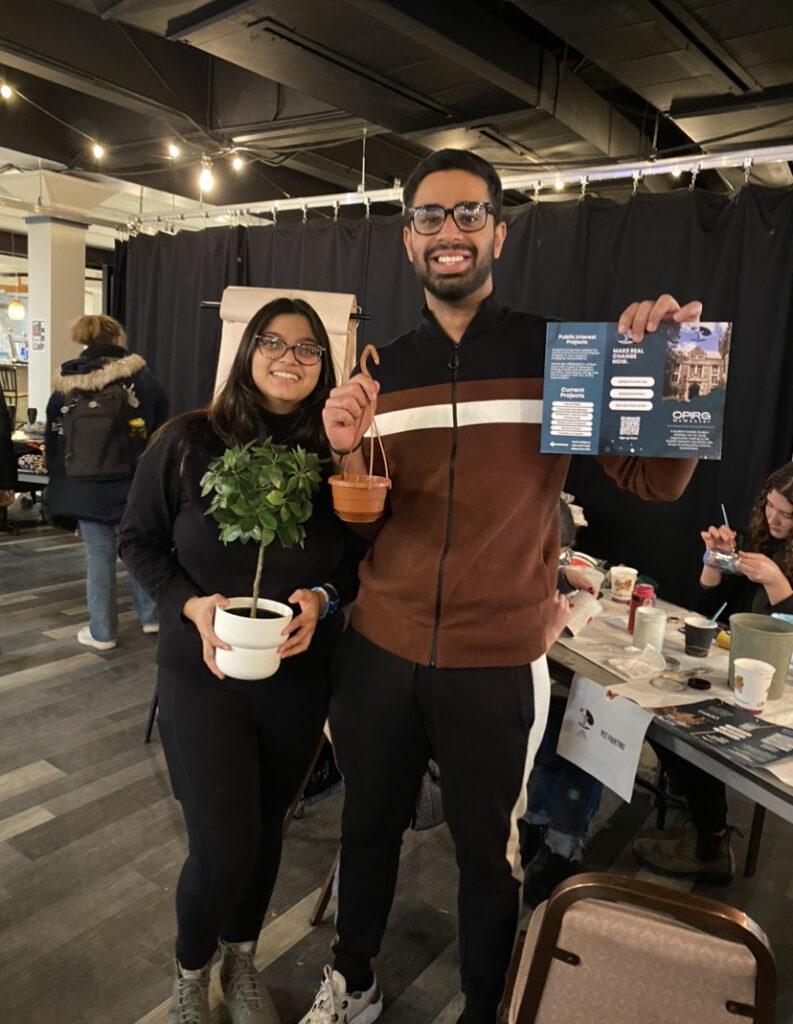
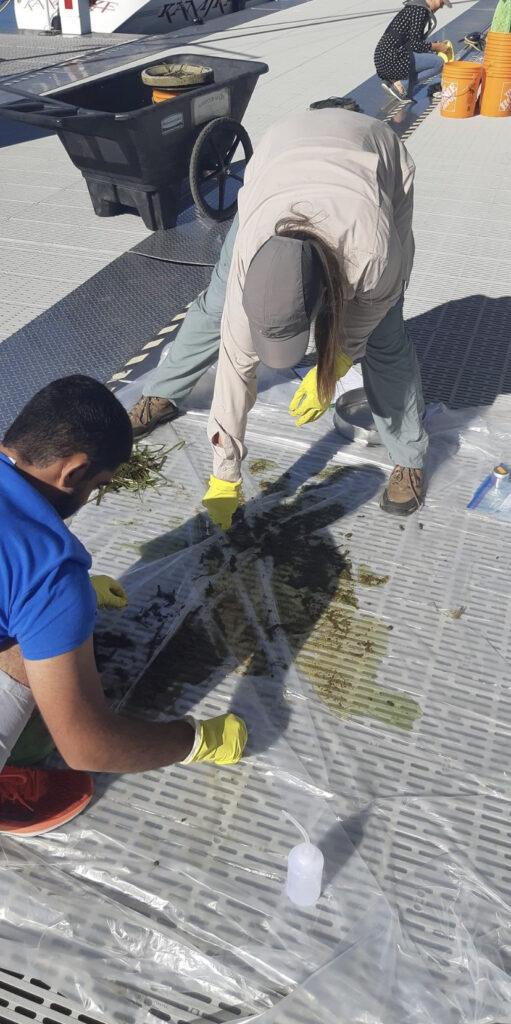
Mini-Documentary Series: Facing the Climate Crisis Together
Length: Three short films (5–7 minutes each)
Format: Youth interview series filmed in urban public spaces
Filmed on-location in downtown Toronto, this three-part documentary captures the voices of young people speaking candidly about how climate change affects their mental and emotional well-being. Interviewees reflect on burnout, generational pressure, and the role of culture, family, and creativity in their responses to climate stress.
Themes Explored:
● Burnout and emotional exhaustion in youth-led climate activism
● Pressure to “fix the future” and navigate adult expectations
● Experiences of immigrant families and generational gaps in climate concern
● Art, spirituality, and storytelling as coping tools

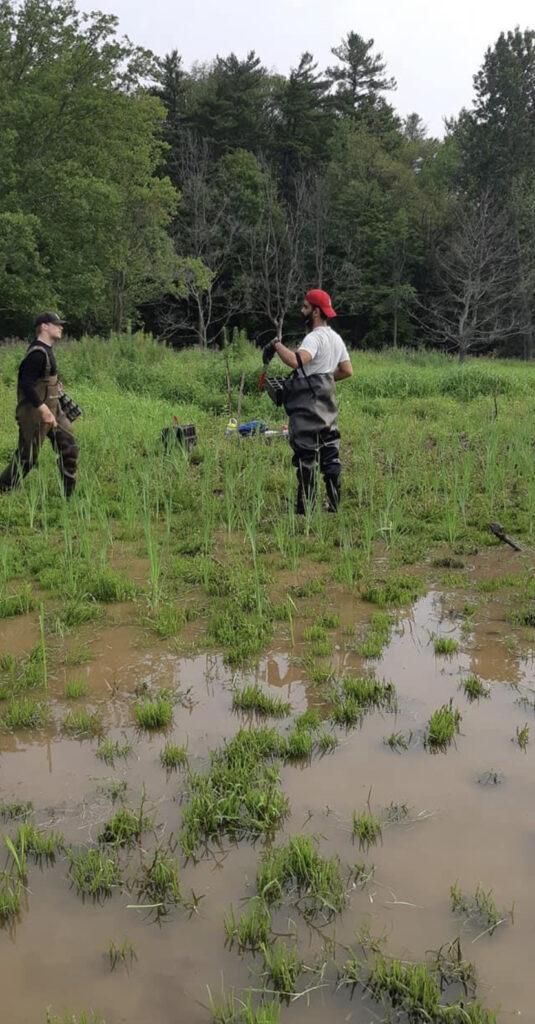
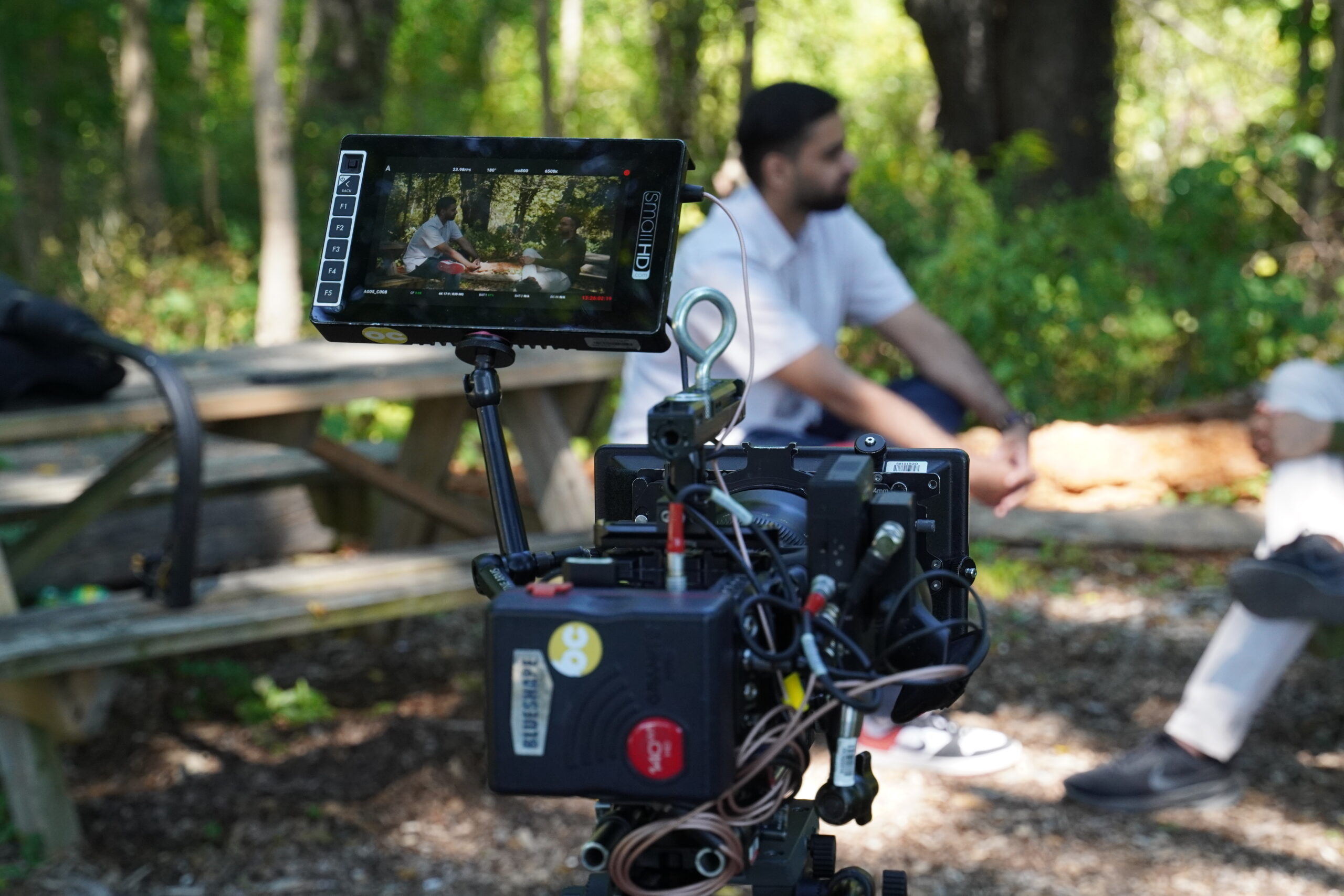
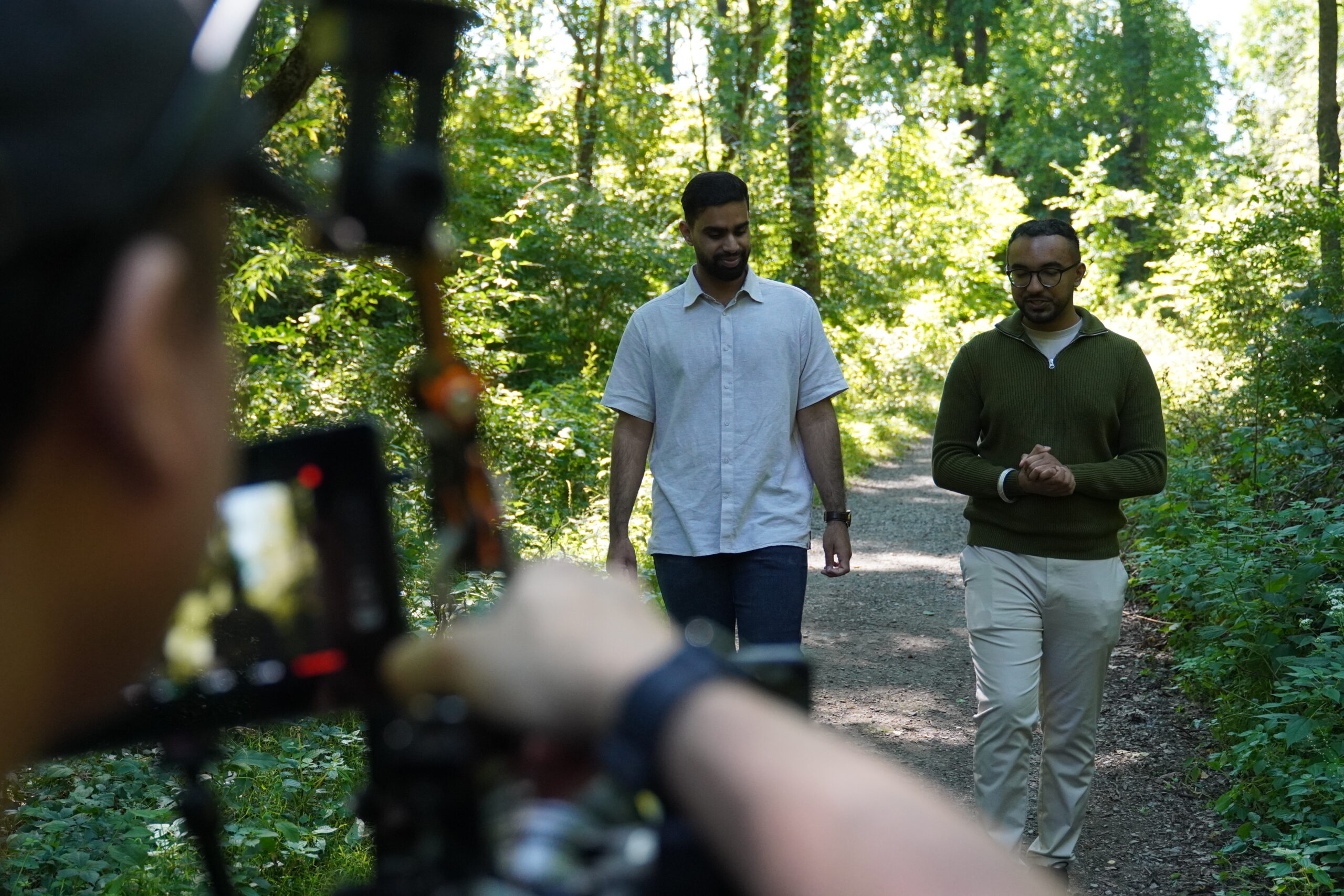
Facilitator Webinar Series
Green Mind’s multimedia library features short videos, documentary-style interviews, and professionally facilitated webinars designed to bring climate-related mental health conversations to life. These resources are especially valuable for educators, facilitators, youth workers, community organizers, and families who are looking for accessible, emotionally safe, and practical tools to address eco-anxiety and related emotional challenges in youth.
Each video and webinar is grounded in trauma-informed practice, informed by lived experience, and adaptable for diverse learning environments. Our resources are suitable for use in classrooms, workshops, libraries, community programs, and professional training sessions. Many are available in English and French, with closed captions and transcripts provided to ensure accessibility.
Title: Green Mind Facilitator Training Sessions
Length: 60-minute modules (live and pre-recorded options available)
Format: Zoom-based webinar or in-person workshop
Our webinar series is specifically designed for professionals and volunteers who support youth such as teachers, counselors, camp leaders, peer mentors, and community health workers. These sessions provide practical tools, frameworks, and facilitation strategies for integrating climate mental health into programming.
Popular Webinar Topics Include:
1- Trauma-Informed Climate Education 101
An introduction to creating emotionally safe spaces when teaching or discussing climate change. Includes grounding techniques, boundaries around sharing, and managing emotional responses in group settings.
2- Facilitating Peer Circles with Safety and Confidence
Step-by-step guidance on how to lead youth discussion circles focused on eco-emotions. Participants learn how to balance openness with structure and how to adapt circle practices for different cultural or community contexts.
3- Supporting Immigrant and Refugee Youth Through Climate Conversations
Designed for educators and frontline workers who support newcomer youth. This session explores how climate grief intersects with displacement, land loss, and identity, and how to hold space for these nuanced emotional realities with cultural sensitivity.
4- Arts-Based Approaches to Building Resilience
This hands-on session introduces creative methods like storytelling, visual journaling, music, and nature-based rituals to support emotional expression and healing. Ideal for informal educators, art therapists, and youth program facilitators.
Additional Features:
● Printable slide decks and tool summaries
● Access to a downloadable toolkit for each webinar topic
● Interactive components (polls, breakout rooms, Q&A) in live sessions
● Certificates of attendance for professional development hours
How to Access:
● Request access to recorded versions of past sessions
● Book a live session tailored to your school, organization, or community group
● Inquire about collaborative facilitation or co-designed workshops
To schedule a session or inquire about upcoming training opportunities, please email: info@greenmindcanada.com
Supporting Resources and Access Options
Each video and webinar is accompanied by downloadable guides, activity sheets, and worksheets to enhance learning and engagement. All materials are designed for print or photocopying, with low-ink versions available for classrooms with limited resources.
Printed Toolkit & Facilitator Packages
Schools, libraries, and youth organizations may request printed copies of our toolkits and multimedia facilitation packages. These include physical resource binders, activity cards, and pre-prepared journaling materials.
Customized Workshops and Community Programming
Green Mind offers tailored workshops and speaker sessions for educational institutions, public health organizations, Indigenous youth groups, summer camps, and cultural associations. These can be delivered in-person or virtually, and adapted to specific age groups, regional challenges, and cultural contexts.
Aligned With Curriculum & Mental Health Frameworks:
Our toolkits are designed to be more than just conversation starters, they integrate with existing educational and wellness frameworks to provide educators and youth professionals with actionable, curriculum-linked support.
● Curriculum Connections: Activities align with key outcomes in provincial health and physical education curricula (e.g., Ontario HPE), social studies, and environmental science, especially for grades 6–12.
● Mental Health Literacy: Toolkits reflect principles from the Mental Health Commission of Canada’s youth mental health literacy guidelines, emphasizing emotion identification, coping strategies, and help-seeking behaviours.
● Trauma-Informed Practice: Resources are developed in accordance with trauma-informed education principles, allowing facilitators to foster emotionally safe, inclusive spaces for all youth, especially those with experiences of displacement, marginalization, or grief.
Educators can request a curriculum alignment guide outlining how each toolkit supports learning expectations and wellness outcomes.
📩 [Request Curriculum Alignment Summary]



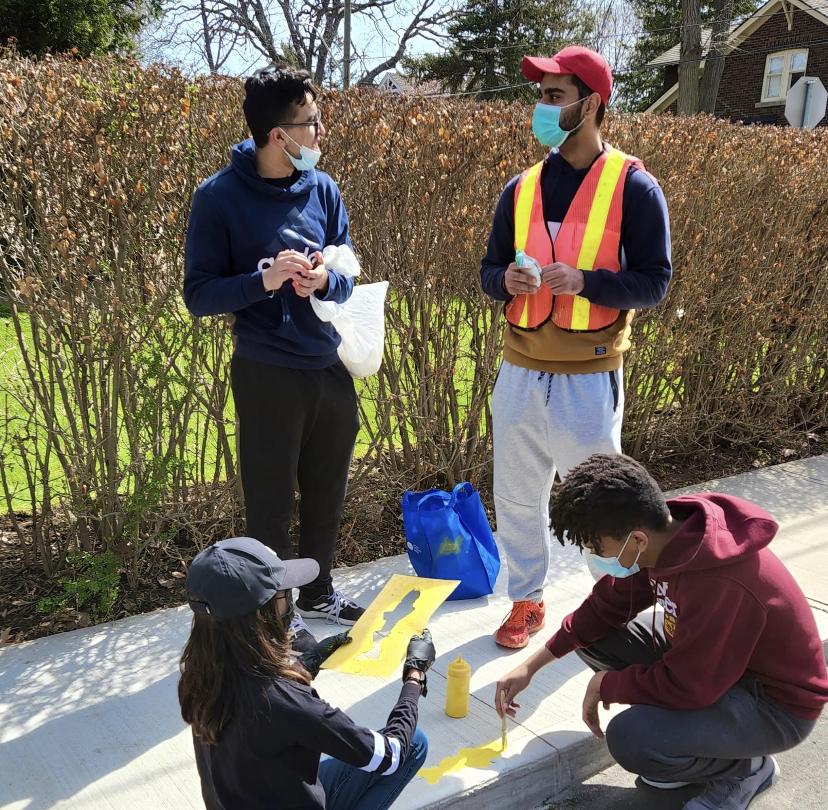
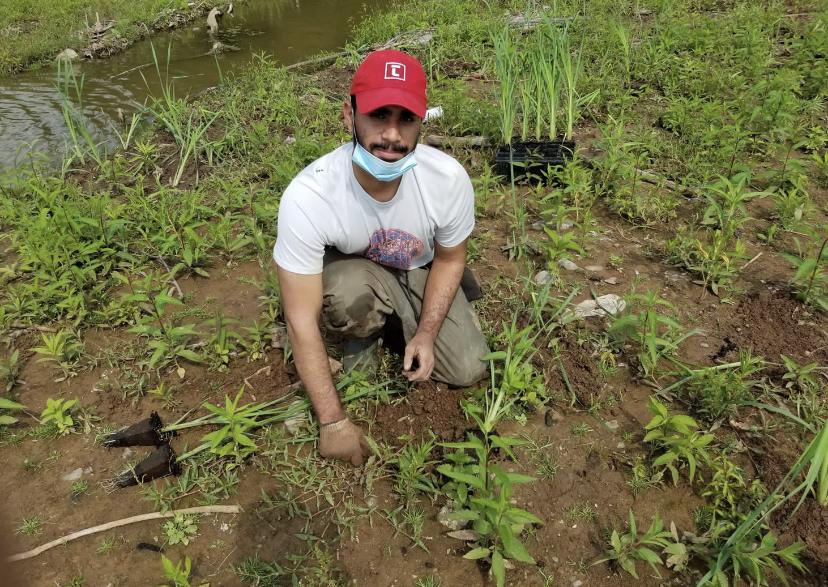
Youth Reflections & Community Testimonials
Our toolkits are shaped by the real emotions and experiences of young people across Canada. Here’s what some of them have shared about using Green Mind resources in their schools, communities, and homes:
-
— Ray, 16 Youth climate advocate, Toronto
Sometimes, it feels like we’re supposed to just accept that the world is burning. This was the first time a school program actually let us sit with how heavy that feels. And it didn’t make it all better, but it helped me feel less alone.
-
Hassan, 18 Newcomer youth
I came to Canada three years ago, and it’s hard seeing how the climate is changing here and back home. The toolkit for newcomers gave me space to talk about my family, my country, and why it still matters to me.
-
Sophie, 10 Student, rural Alberta
I liked the ‘climate story’ part. I didn’t know other kids felt the same way about animals and nature. It felt good to say it out loud and not feel weird.
Language Accessibility
We are committed to making our toolkits and resources accessible across language communities in Canada.
Currently Available:
● Select resources are available in English and French.
● Translations in Cree, Arabic, and Urdu are underway.
● Requests for additional languages are welcomed and prioritized based on community needs.
Each toolkit page includes a language label indicating available translations. We also offer simplified reading versions upon request for learners with lower literacy levels.
Tracking Progress & Supporting Educators
Educators, youth workers, and mental health professionals have told us they often need simple ways to track engagement and reflect on outcomes. We offer optional tools to support facilitation and program evaluation.
Available Supports:
● Facilitator Checklists: Keep track of completed sessions, engagement levels, and participation outcomes.
● Pre-reflection and Post-reflection Prompts: Support students in tracking their emotional awareness over time.
● Progress Journals: Printable pages that allow youth to privately track feelings, growth, and goals throughout a toolkit or program.
● Group Feedback Forms: Printable feedback templates for facilitators to use with youth to evaluate program impact.
● Certificates of Completion: Customizable templates to recognize participation in Green Mind programs.
Share Your Feedback
Your voice helps us grow. If you’ve used one of our toolkits, zines, videos, or workshops, we’d love to hear how it went. Whether you’re a facilitator, parent, or youth, your insights help us improve accessibility, expand impact, and deepen community relevance.
Ways to contribute:
● Submit anonymous feedback through our Online Feedback Form
● Email us a reflection or recommendation at info@greenmindcanada.com
● Share creative work inspired by Green Mind (art, writing, video) for potential feature
● Participate in beta testing for new resources and toolkits
We also welcome organizational partners and educators interested in piloting new materials.
